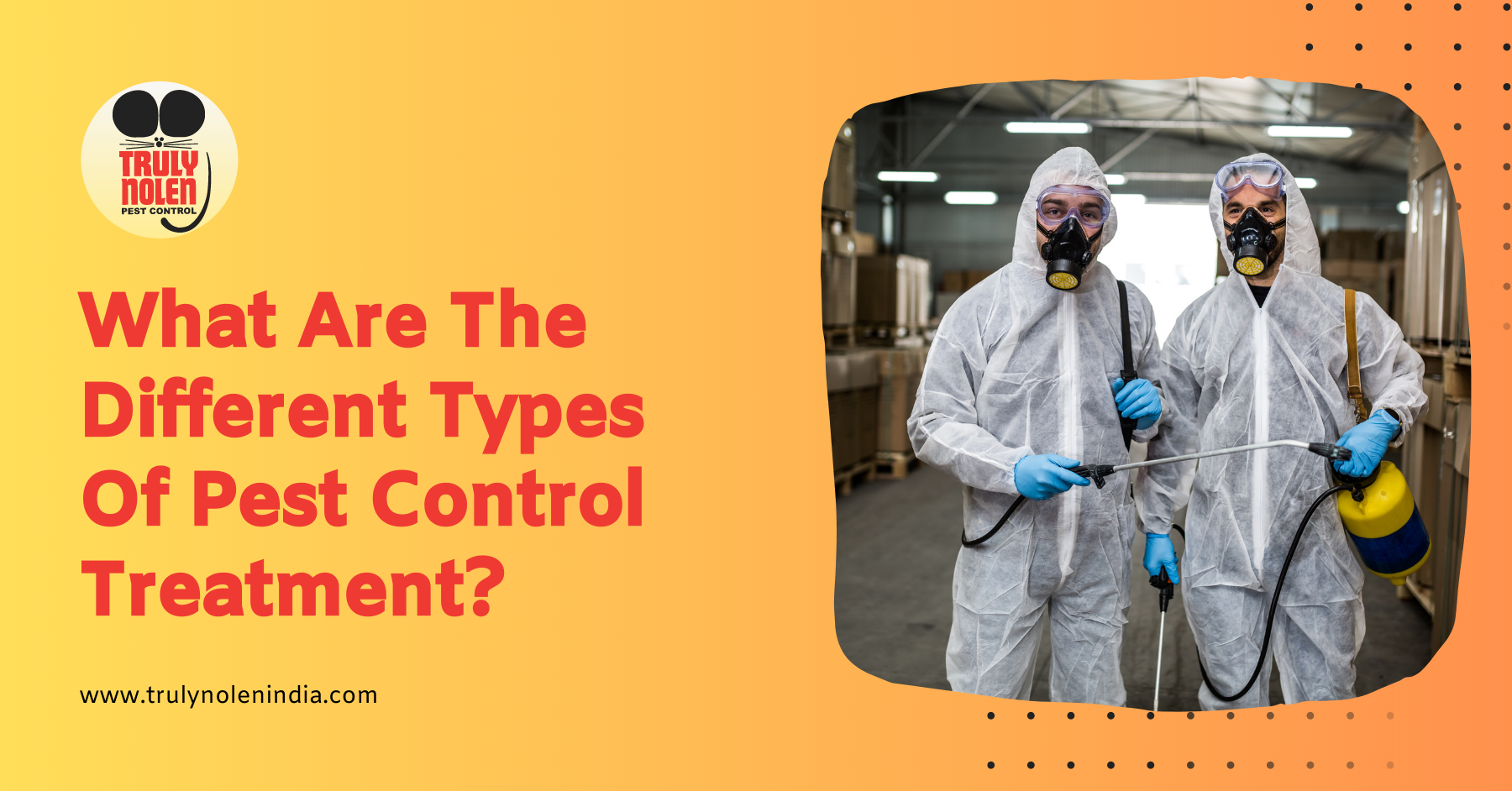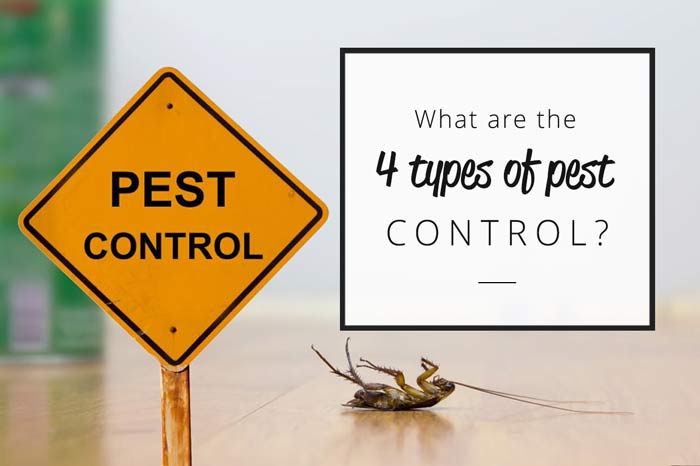Pest Control Fundamentals Explained
Pest Control Fundamentals Explained
Blog Article
Get This Report about Pest Control
Table of ContentsNot known Facts About Pest ControlPest Control for BeginnersPest Control Fundamentals ExplainedSome Known Questions About Pest Control.Pest Control for Dummies
Limitations of Chemical Monitoring Be able to analyze insect problems, figure out if monitoring is essential, and make ideal suggestions using IPM methods. Be familiar with various techniques of bug management - their benefits and restrictions.This phase talks about (IPM), a strategy that makes use of understanding regarding insects and their, methods, nonchemical techniques, and pesticides to take care of parasite issues. Additional details regarding IPM for certain plants is included in chapters that focus on those plants. Parasites in a garden or landscape may include bugs and termites, weeds,, animals, and birds.
Many individuals rush to draw, hoe, or spray every weed they see. Pests and weeds, nonetheless, contribute in the. After growing a yard or establishing a yard, the natural procedure of plant sequence starts to improve and nonnative plants. A weed growing in a lawn represents the initial stage in a series of occasions that, if permitted to continue, might eventually cause a woodland.
What we call "insects" belong to an all-natural system at work. An ecosystem has no parasites. Just humans think about particular types parasites when they occur where they are not desired. We will certainly be a lot more effective in taking care of undesirable varieties when we understand that these microorganisms follow foreseeable patterns that we can utilize to our advantage.
About Pest Control
Parasites vulnerable to a chemical were swiftly killed, leaving resistant ones to reproduce and multiply. It ended up being clear that pesticides alone would certainly not address all parasite troubles. Instead, overuse of chemicals triggered the growth of immune parasites. Scientists started to develop a brand-new method to pest control. This new method was referred to as integrated pest management (IPM).
An IPM strategy enables some level of bugs in the atmosphere. Parasites are a lot less most likely to survive a program that utilizes various techniques of decreasing their populaces. Integrated bug administration was initial suggested by entomologists because pests were the very first group of pests to confirm challenging to handle with chemicals alone.
pest and host accurately. and think about economic or aesthetic injury. A limit is the point at which action must be taken. a treatment method making use of mechanical, cultural, biological, or chemical controls, or a mix of these approaches. success of therapies. IPM has actually expanded past insects to management of all pest populaces: weeds, disease organisms, and mammals.
Our Pest Control Statements
Management instead than elimination of insects is the goal. An IPM strategy starts with a mindful analysis of each bug problem.
Clover growing in a yard might be considered as an unwanted weed, however as a bean it is synthesizing nitrogen for the dirt and the blossoms are click for source offering nectar to honey bees and other. Tolerance for some weeds may become part of an IPM plan. may be consuming the fallen leaves of a plant, but when they are determined as the larvae of Eastern tiger swallowtail butterflies, their damages may be tolerated so we can enjoy the beautiful butterfly.

The second most essential device in bug administration is very early intervention. Responding to issues quickly, before they have time to multiply, requires a much less remarkable treatment.
The Main Principles Of Pest Control
Many secure, sensible, nonchemical methods of plant defense and pest monitoring might lower or remove the requirement to spray. Other approaches are most advantageous when used with pesticides. To execute management techniques correctly and to lessen losses, gardeners ought to be conscious of the types of insects that attack plants and understand pest biology.

Conducting a soil test and using only the suggested amount of plant food and lime makes best use of the benefit to the plant while decreasing troubles associated with excessive use plant food - Pest Control. Covering the dirt with several inches of mulch safeguards the plant in a number of means: decreasing soil water loss to dissipation, reducing weed competition, offering nutrients, and producing an appropriate environment for earthworms and microorganisms that keep the soil loosened for origins and damage down organic product to release nutrients
If mulch touches the trunk, it can develop a way for voles, microorganisms, and fungi to attack the plant. Do not make use read this of manure or compost that has actually not extensively decomposed as a top clothing due to the fact that it can encourage undesirable bugs. Research suggests that farming is destructive to soil structure.
What Does Pest Control Do?
If tilling is considered necessary, take into consideration doing it in the autumn when the life cycles of many parasites brings them near the surface. At the surface, bugs become subjected to the weather condition as well as birds and other natural enemies.
Report this page